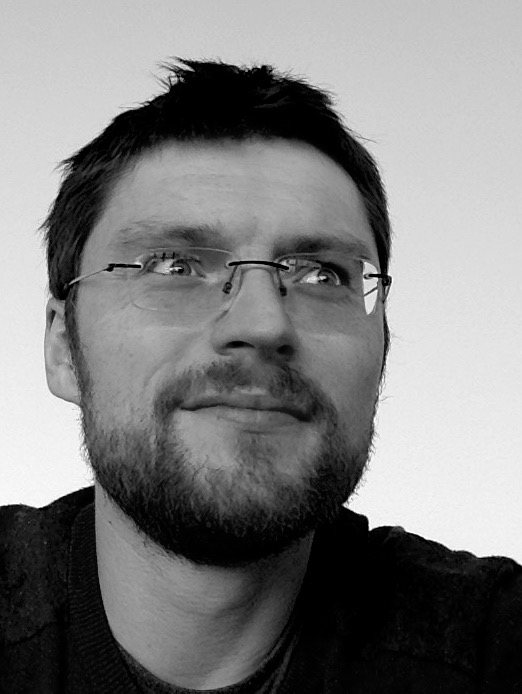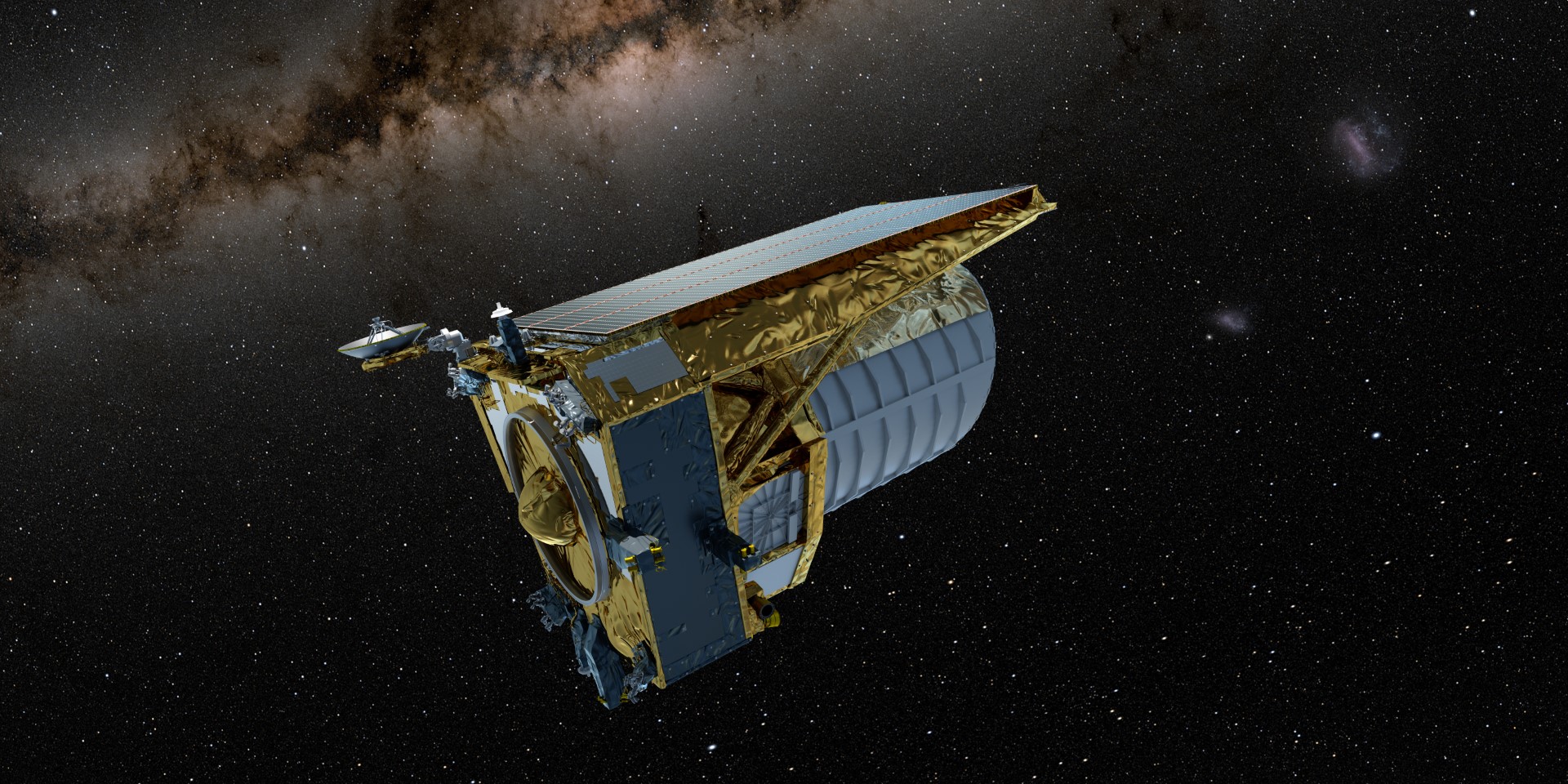Meet a Space Scientist: Aurel Schneider
This month we have interviewed Aurel Schneider, Professor at the University of Zurich, working on theoretical Astrophysics and Cosmology. His interest lies in exploring dark matter, a barely understood component that is essential for the formation of stars and galaxies that happens in our initially smooth universe.
This interview is part of a series about the UZH researchers involved in Euclid, the ESA space telescope that took off from Cape Canaveral in July this year.

What is your field of expertise?
I am a theoretical astrophysicist working on cosmic structure formation from the Big Bang to the build-up of galaxies. I am specifically interested in understanding how different dark matter models affect this process of structure formation. Dark matter dominates gravitational interactions in the Universe but remains otherwise invisible.
What are the current open questions which Euclid will hept you anwer?
There are many open questions in both fundamental cosmology and applied astrophysics where Euclid can make a difference. One aspect I am particularly excited about is that Euclid will be able to observe the imprint of neutrinos on cosmic structure formation. This means we will be able to learn more about these elusive particles. For example, it is possible that there are additional neutrino species that are not known so far. Detecting these would consist of a big step for both astro and particle physics.

Since how long are you involved in the Euclid mission, and what is your role?
I have started working for Euclid in 2013. Back then it felt like a mission of the far future. But time is moving fast and Euclid is now operational. I am currently co-leading the Science Working group that is responsible for running and validating cosmological simulations. These simulations are essential to test the Euclid science pipelines and to connect the observational signal with the theoretical predictions for cosmology.
What would be the greatest discovery which you hope to get with Euclid?
In cosmology we are currently stuck with a model of the Universe called Lambda-CDM. This model can explain essentially all observation we have but it relies on the completely unknown dark matter and dark energy components. Together with all scientist in Euclid, I hope that we will be able to find cracks in the Lambda-CDM model which may help us to better understand the dark sector of the universe.